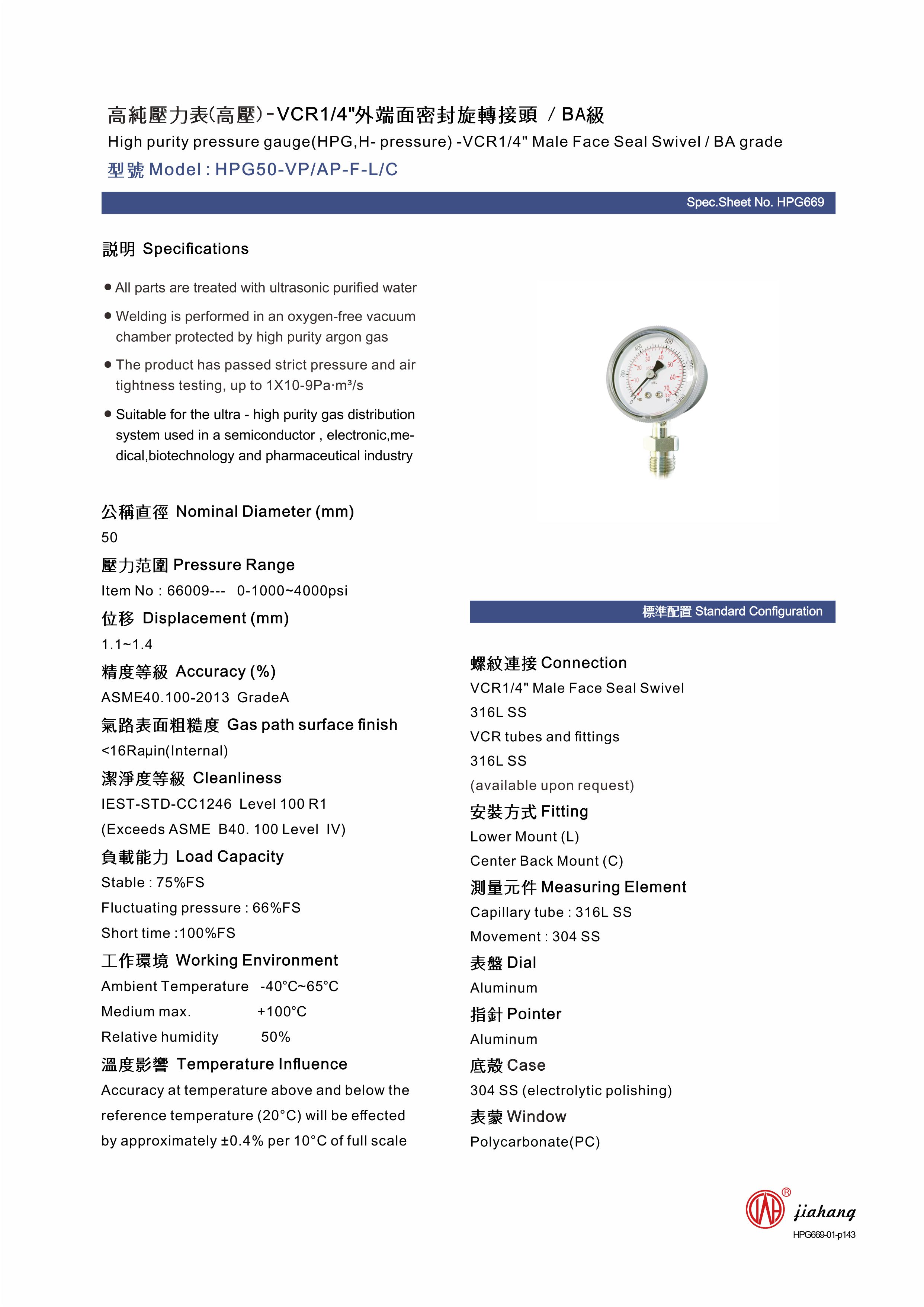
sie . 14, 2024 22:48 Back to list
High-Precision OEM Piston Type Differential Pressure Gauge for Industrial Applications and Monitoring Systems
Understanding OEM Piston Type Differential Pressure Gauges
Differential pressure gauges play a crucial role in several industrial applications, providing essential measurements that help maintain optimal performance and safety levels in various systems. Among the different types of differential pressure gauges, the OEM (Original Equipment Manufacturer) piston type stands out for its reliability and precision. This article delves into the construction, functionality, applications, and advantages of OEM piston type differential pressure gauges.
Construction and Working Principle
OEM piston type differential pressure gauges are designed with a piston that moves within a cylinder. The gauge operates based on the principle of differential pressure measurement between two input sources. The two pressure ports are connected to the system—one for the high-pressure side and another for the low-pressure side. When pressure is applied, the piston responds to the difference in pressure, translating it into a readable measurement on a calibrated scale.
The gauge typically consists of a robust housing that protects the internal mechanisms, ensuring durability and resistance to environmental factors such as vibrations, temperature fluctuations, and corrosion. The piston is usually made from materials like stainless steel or other alloys, allowing it to withstand harsh conditions and maintain accuracy over a wide range of pressures.
Applications
OEM piston type differential pressure gauges are widely used in various industries, including
1. Process Industries They are instrumental in monitoring pressure differences across filters, heat exchangers, and other process equipment, helping to ensure efficient operation and prevent failures.
2. Water Treatment Facilities These gauges are essential for measuring pressure drops across membranes in reverse osmosis systems, ensuring optimal filtration performance.
3. HVAC Systems In heating, ventilation, and air conditioning systems, they help monitor airflow and gauge performance across different components, improving energy efficiency and maintaining indoor air quality.
.oem piston type differential pressure gauge

4. Oil and Gas In the oil and gas sector, the gauges are used to monitor pressure differentials in pipelines and processing equipment, ensuring safety and operational integrity.
Advantages
The OEM piston type differential pressure gauge offers several advantages
1. High Accuracy The design provides precise measurements of small pressure differences, which is crucial in applications requiring strict pressure control.
2. Durability Made from high-quality materials, these gauges are built to last, capable of withstanding extreme conditions, making them suitable for industrial environments.
3. Low Maintenance The robust construction and straightforward design minimize the need for frequent calibration and servicing, resulting in lower operational costs.
4. Versatile Design OEM piston type differential pressure gauges can be customized for different applications, ensuring compatibility with a variety of systems and processes.
5. User-Friendly Readability Many models come equipped with clear dials and indicators, making it easy for operators to read and interpret the measurements without requiring specialized training.
Conclusion
In conclusion, OEM piston type differential pressure gauges are vital instruments in many industrial applications, offering reliability, accuracy, and durability. As industries continue to evolve and demand higher levels of efficiency and safety, the importance of precise pressure measurement cannot be overstated. By choosing a quality OEM piston type differential pressure gauge, companies can enhance their operational efficiency, ensure the safety of their processes, and contribute to overall productivity. Understanding the features and applications of these gauges will enable businesses to make informed purchasing decisions, ultimately leading to improved performance in their operations.
-
High-Precision 5 Valve Manifold Differential Pressure Gauge Suppliers
NewsApr.29,2025
-
High-Precision Diaphragm Vacuum Pressure Gauges Manufacturers & Quotes
NewsApr.29,2025
-
Omega Differential Pressure Gauges High Accuracy & Durability
NewsApr.28,2025
-
Low Pressure Differential Pressure Gauges Precision Solutions & Quotes
NewsApr.28,2025
-
Digital Diaphragm Pressure Gaauge Precision Measurement & OEM Quotes
NewsApr.28,2025
-
Differential Pressure Gauge China Price High-Accuracy & Best Quotes
NewsApr.28,2025
